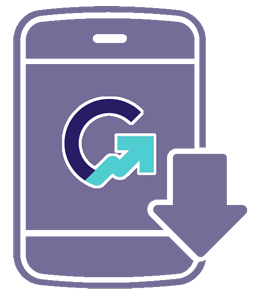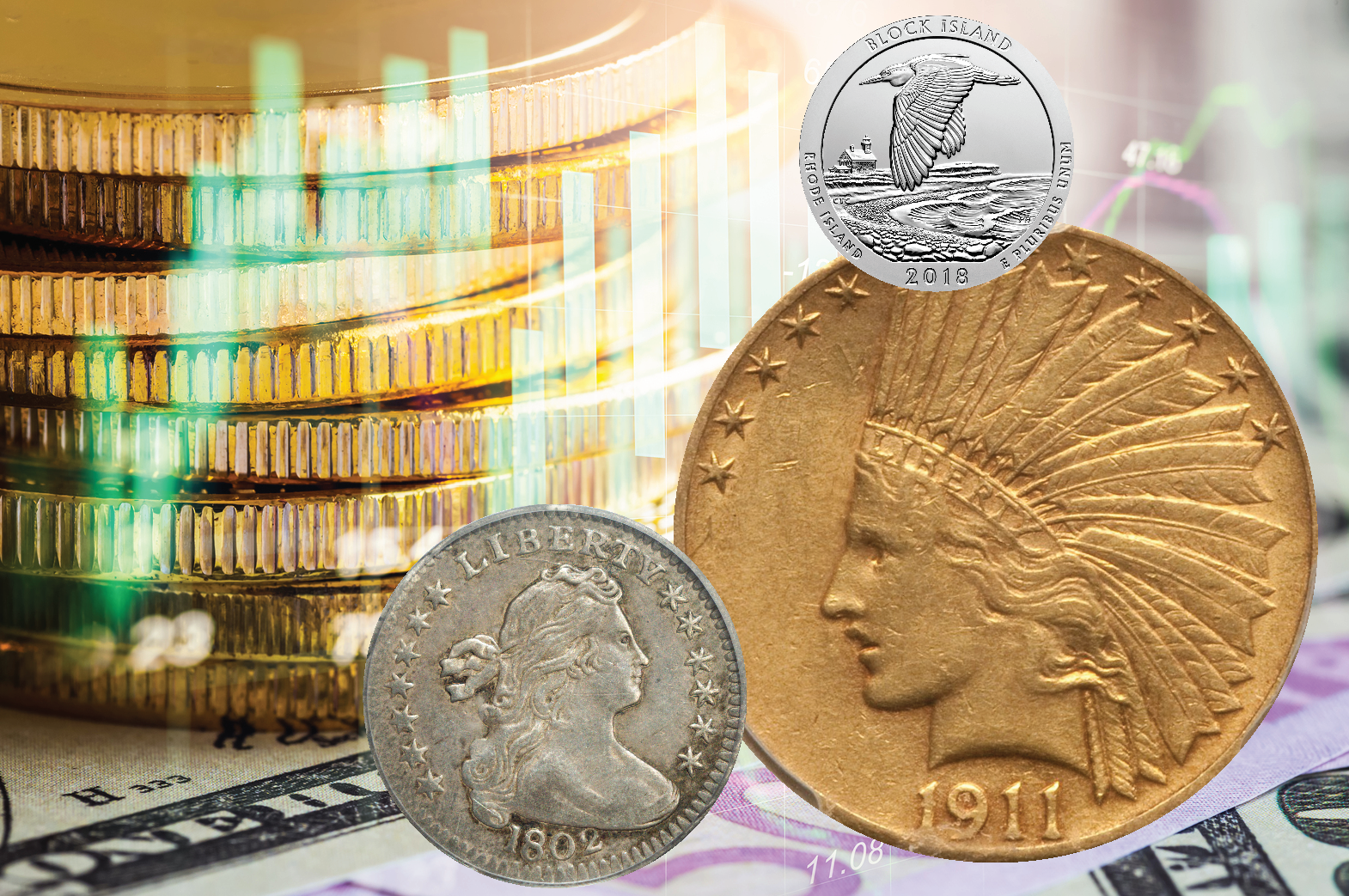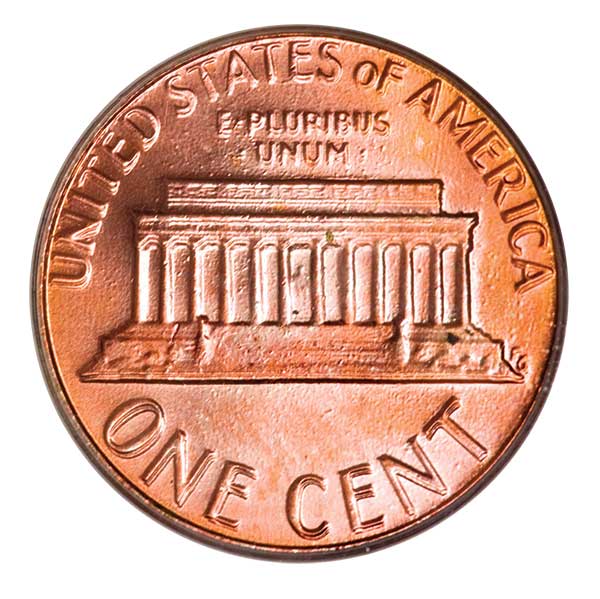3 Fast Ways To Lose Money Buying Coins
It may seem counterintuitive to some that one would specifically seek out this information, but it’s also helpful to understand some of the common ways that a coin deal can financially go wrong for buyers.
So much is written about how to make money in coins, and it’s great that this content is available. But what about ways you can lose money in coins? It may seem counterintuitive to some that one would specifically seek out this information, but it’s also helpful to understand some of the common ways that a coin deal can financially go wrong for buyers.
Unfortunately, every day there are many people (collectors and coin dealers alike) who don’t take the time to research what they’re purchasing and end up buying coins with questionable origins or other problems — and end up losing money in coins. Of course, knowing how you can lose money in coins can in turn help you make money in coins — knowing what “not” to do, shall I say.
Ready? Here’s a rundown on three fast ways you can lose money in coins…
- Don’t check for authenticity of coins — If you really want to lose money in coins, then simply avoid taking any steps to determine whether or not the coins you’re buying are authentic. This means buying a coin, and especially a rare or valuable coin, without checking for any signs that can help you ascertain what you’re buying is the Real McCoy or a fake. Buying “raw” (or uncertified) rare coins isn’t necessarily bad in and of itself, but it is highly risky if you’re not familiar with the diagnostics of what an authentic example of said rare coin should look like. Even still, fake coins are becoming increasingly deceptive these days. It’s generally advisable to buy slabbed rare coins if you’re not very comfortable and confident in what the real deal should look like raw. Oh, and don’t forget to ensure that the slab itself is real, too!
- Buy cleaned or damaged coins — Want to lose money in a hurry next time you buy coins? Then make sure you’re buying cleaned or damaged coins, especially those that are not labeled as such. It’s actually amazing how much money you’ll lose if you buy cleaned or damaged coins that are masquerading as problem free and are also paying “problem-free” money for them. Even if you know you’re buying a cleaned or damaged coin, chances are it’s not going to increase in value as quickly as its problem-free counterpart, and it will be all the harder to sell, too, when you decide to liquidate. Figuring out what a cleaned coin looks like versus one with original, untouched and unaltered surfaces takes some time and requires collectors to look at many examples of both cleaned and uncleaned coins to see how they look different from each other. You might also consider buying slabbed coins. Third-party certification firms label coins in such a way as to describe pieces that have been cleaned or contain other forms of damage. Remember, label descriptors such as “Net,” “Scratches,” “Cleaned,” “Damaged,” etc. all indicate problem coins. And the term “Genuine” is a politically correct way of describing a coin that’s authentic but has problems that disqualifies the coin from receiving a grade.
- Pay more than you should — There’s nothing wrong with paying a pretty penny for a premium-quality coin, and some of the most strategic coin professionals will pay well above Greysheet coin prices for truly superior coins. But paying over-the-top prices for a standard — or worse, substandard — coin is a sure way to lose money in coins. Like so many aspects of the hobby, there’s an art to buying coins. You have to know how to spot top-quality coins, and then understand when to pay more than typical “going” prices for it. Some of the nuances include looking at your personal finances, weighing your desire to obtain said coin, evaluating the amount of competition for a given coin, etc. That said, it’s possible to overspend on even the nicest of coins. And it’s certainly easy to overspend on ho-hum coins. Dealers who use the Greysheet for bid prices, collectors who refer to the CPG Coin & Currency Market Review, and those who utilize the CDN pricing app for mobile devices will gain a better understanding on realistic coin prices, helping wholesale and retail buyers know the latest coin prices.
The best tip for losing money in coins? Be an uninformed buyer. True, many smart, educated people — even those who have spent years as studious numismatists — have overspent on buying coins. In fact, it’s probably safe to say that everyone in the hobby has, at one time or another, grossly overpaid on coin purchases. But the more informed you are as a buyer, and the more time you spend on getting to know the market and how it works, the greater your chances of making an excellent purchase, increasing your odds of making money in coins.

Download the Greysheet app for access to pricing, news, events and your subscriptions.
Subscribe Now.

Subscribe to CPG® Coin & Currency Market Review for the industry's most respected pricing and to read more articles just like this.












Please sign in or register to leave a comment.
Your identity will be restricted to first name/last initial, or a user ID you create.
Comment
Comments